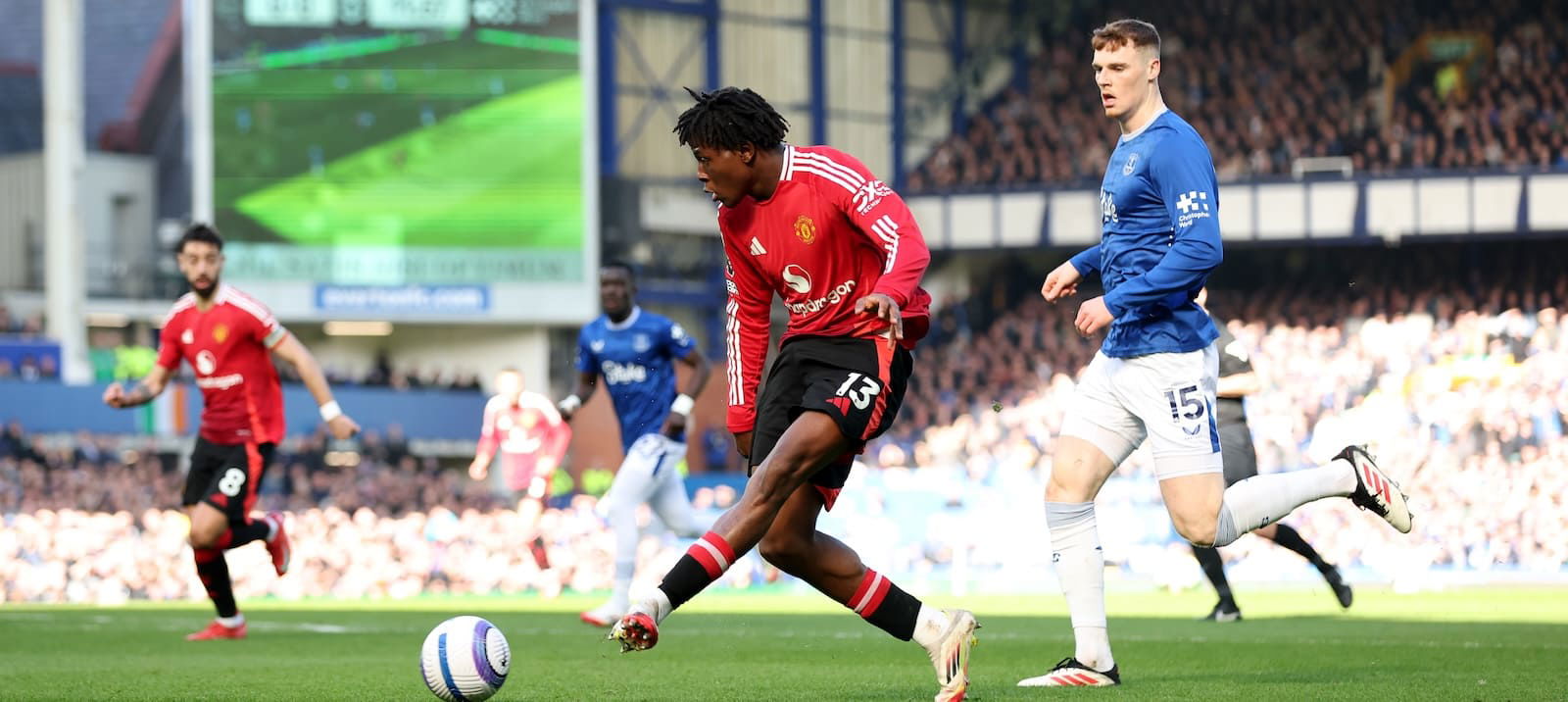Unlock the Editor’s Digest for free
Roula Khalaf, Editor of the FT, selects her favourite stories in this weekly newsletter.
The passive investment industry has never been more powerful than it is today. Index inclusion has, as a consequence, become a Holy Grail for companies to boost valuations and lower capital costs. The prevailing theory is that index inclusion is great for those in the club and a disaster for those that are not.
That is not always so. There is evidence that companies that get dumped from the S&P 500 tend to outperform, according to Rob Arnott at Research Affiliates.
Indices are in a constant state of flux as underperformers leave and outperformers join. Companies that are about to gain entry to indices typically outperform the stocks they will soon replace by 100 per cent or more before joining. Index inclusions should then add to the momentum, lifting valuations and continuing the good run.
But, notes Arnott, the outperformance of new additions compared with deletions occurs mostly between when the impending change is announced and when it actually happens. The gains are on average reversed between one and two years afterwards. The contrarian position to take would be to back those getting kicked out of indices over those joining as long-term bets.
Index mechanics play a part in this. With more than 20 per cent of S&P 500 assets tied to the index, deletions undergo severe selling pressure as the change happens. Add to that the poor run of performance that led them to be kicked out in the first place: the stage is set for a comeback.
Deletions tend to be deeply discounted: their average price/earnings ratio is at a 30 per cent discount to the index average. The hyped-up joiners average a relative valuation premium of 80 per cent on the same basis.
Perhaps, then, it isn’t surprising that since 1991 deletions outperform to the tune of an average 28 per cent excess return versus the S&P 500 five years after being dropped. But beware: that relationship has faltered in the past decade thanks to the staggering tech-driven performance of the S&P 500 and the relative underperformance of low-valued stocks.
Lex scanned the companies that were kicked out of the FTSE 100 index in 2023 to see if this theory also held in the UK market. Discretionary index deletions (which excludes CRH as it left voluntarily) outperformed the index by 15 per cent on average six months after leaving. British Land and Hiscox (which recently rejoined) notably so. The same figure for those that concurrently joined was just 7 per cent.
Those getting dumped are worth a look for bargain hunters.













